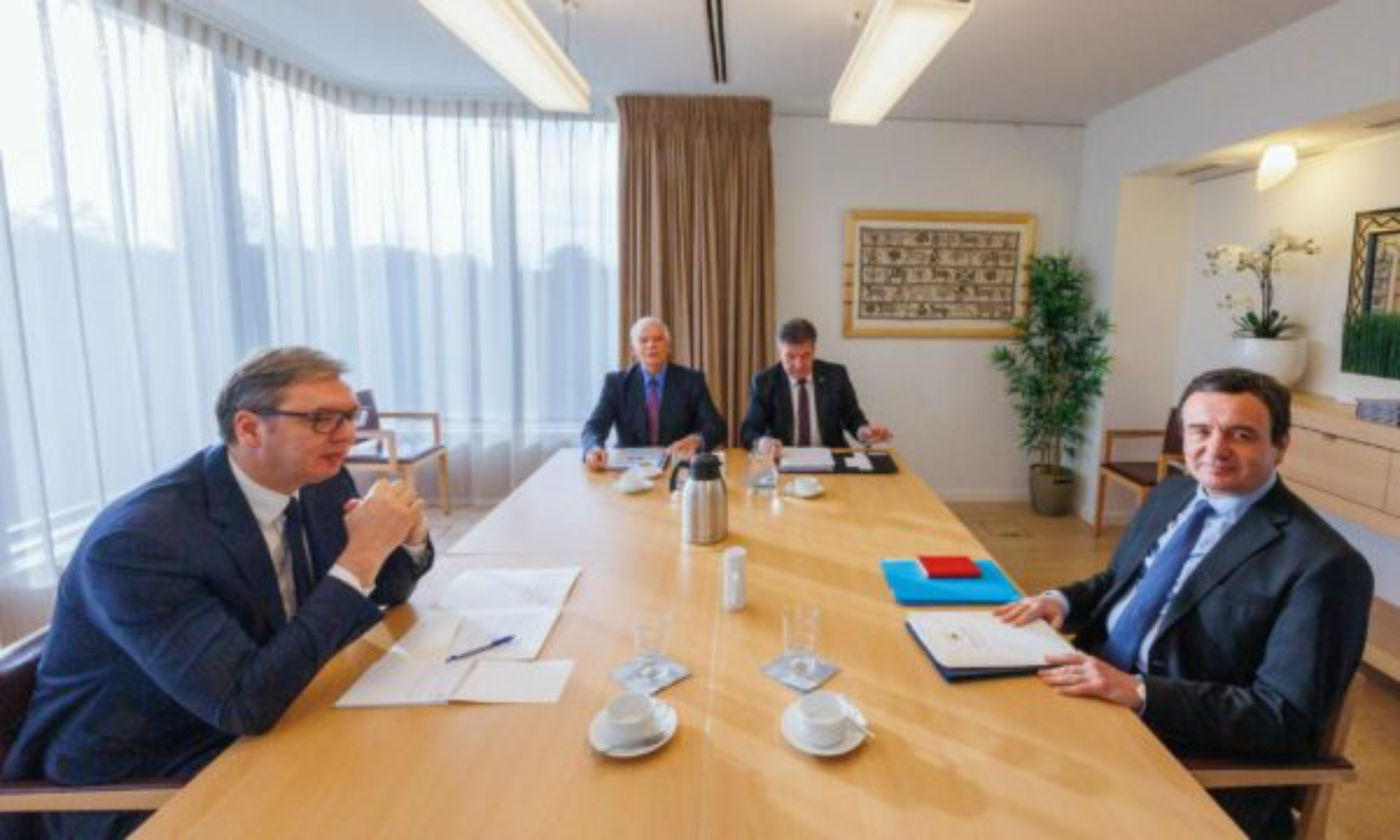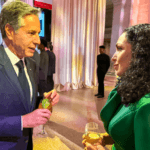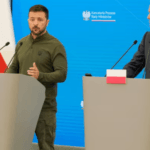Serbia wants the Association, Kosovo the ‘de facto’ recognition. The agreement on the normalization of relations has remained unimplemented. Chief negotiators Besnik Bislimi and Petar Petkovic were in Brussels recently, after their bosses did not reach any agreement on implementation. Now, Prishtina and Belgrade are waiting for ideas on how to implement what Prime Minister Albin Kurti and President Aleksandar Vučić agreed on last year.
Chief negotiators Besnik Bislimi and Petar Petkovic stayed in Brussels until late on Tuesday of last week, where they went to find a solution for how to implement the agreement on the path to normalization of relations between Kosovo and Serbia.
Without success. Separate meetings with the envoy of the European Union, Miroslav Lajcak, and then the tripartite meeting did not result in any agreement being reached.
For about seven hours, a number of issues were discussed, while Lajcak said that they agreed “on a number of next steps”.
Until July 18, it remained for Kosovo and Serbia to send their comments regarding the plan for the implementation of the basic agreement, as Deputy Prime Minister Besnik Bislimi said that night.
He said that based on the comments that will be sent by both parties, the European mediators will issue a new proposal for the implementation of the agreement.
Bislimi said that the Serbian side was only interested in discussing the establishment of the Association of municipalities with a Serbian majority.
The Serbian chief negotiator, Petkovic, said that he insisted on that issue since, according to him, it is “essential for the survival of the Serbs and the normalization process”.
The meeting of the chief negotiators was preceded by a trip of the prime minister of Kosovo, Albin Kurti, and the Serbian president, Aleksandar Vučić, to Brussels. On June 26, they returned to the European capital. But despite the EU warning that they would take part in separate meetings with the head of European diplomacy, Josep Borrell, followed by a tripartite meeting, the latter did not happen.
The EU organized the meetings with Kurti and Vucic to analyze, as it was said, what has been achieved in the dialogue under the leadership of Borrell and for the “way forward”.
Kurti and Vucic did not sit down in front of each other to discuss how to implement the agreement on the normalization of relations reached on February 27, 2023 and the annex to its implementation on March 18, 2023.
“As usual, the discussions were difficult and in the end there was no tripartite meeting. Kosovo was not ready for such a meeting, Serbia was”, said Boirrell after the meetings with the two leaders. The Spaniard, already at the end of his term as head of the EU’s foreign policy, cited to journalists the three conditions that he said Kurti had presented to him for further engagement in the process of implementing the agreement on the normalization path: “First, the officialization of the basic agreement through signature by the leaders of the respective states and governments. Secondly, the withdrawal of the letter officially submitted to the EU by former Prime Minister Bërnabiq, dated December 13, 2023. And thirdly, the handing over of Milan Radojčič and his paramilitary-terrorist group to the judicial authorities of Kosovo”.
Without pronouncing any remarks on either side, Borrell simply indicated that Serbia “was not ready to fully meet the conditions of Kosovo, citing constitutional limitations”. He said that Vucic has declared himself ready to “examine the options regarding the letter of the former prime minister and the formalization of the agreement in accordance with the past practice of the Dialogue to unlock its implementation”.
Kurti Vucic’s trip to Brussels was preceded by a visit by Lajcak to Pristina and Belgrade, where he said he had come for “the way to refocus in the process of normalizing relations between Kosovo and Serbia and what concrete steps we will take”.
Although his regular mandate ends at the end of August and he would have to start work as ambassador to Switzerland from September 1, it has been decided that Lajcak will remain in this position until January 2025. He says he still has work to do. done.







